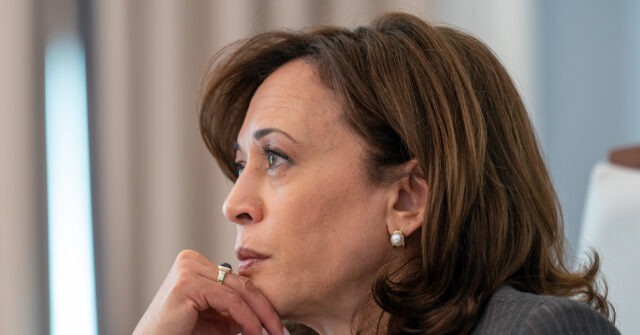Mariel Garza, the editorial editor of the Los Angeles Times, resigned from her position due to the publication’s owner, Patrick Soon-Shiong, blocking an endorsement for Vice President Kamala Harris. This decision followed internal discussions indicating that the editorial board, which had initially intended to endorse Harris for the upcoming presidential election, was overridden by the owner, who purchased the Times in 2018 for $500 million. Soon-Shiong’s influence on the editorial direction of the paper raised questions about the independence of journalism in the modern age, particularly as executive editor Terry Tang informed staff that the paper would not endorse any candidate during this electoral cycle. The paper has since stated that it selectively endorses candidates in significant races, but no clear rationale for this specific decision was provided.
Garza’s resignation was a bold statement against the internal censorship that she believed hindered the editorial board’s ability to voice its stance on critical issues. In her resignation, she articulated her viewpoint that silence during perilous political times is unacceptable. Garza emphasized the need for integrity in journalism and expressed that her role included standing firm for her convictions, especially given the grave implications of inaction. As a predominantly liberal publication, the Los Angeles Times had an audience largely supportive of Harris, and Garza argued that the endorsement was a logical step following the board’s series of editorials warning against the dangers posed by former President Donald Trump’s potential reelection.
The refusal to endorse Harris was seen as particularly ironic considering the Times had previously supported her in her past political campaigns, including her runs for California Attorney General and the U.S. Senate. The editorial board had articulated concerns over Trump’s threats to democracy and the institutional integrity throughout numerous opinion pieces leading up to the election. The failure to support Harris, whom they identified as a bulwark against Trumpism, was a break from the paper’s longstanding tradition of endorsing the Democratic candidates in key races, further fueling speculation about the influence of ownership on editorial matters.
In light of Garza’s departure, Trump’s campaign seized the moment, claiming it as a vindication of their strategy against the Harris-Walz ticket. The former president highlighted the recent shift in the Times’ editorial policy as an indication of Harris’s unpopularity even in her home state of California, framing it as evidence that Californians doubted her qualifications for the office. This political maneuvering underscores the increasingly polarized nature of media influence and the way it intersects with electoral politics, especially concerning figures like Harris and Trump. The incident raises broader questions about editorial autonomy in journalism and the ethical responsibilities of media outlets to provide a platform for dissenting opinions.
Garza’s resignation also serves as a clarion call for journalists and editorial staff across the nation to uphold their commitment to free speech and the democratic process, particularly in the face of ownership pressures. She championed the idea that a responsible editorial board must actively participate in discourse about significant political issues, even when faced with institutional obstacles. Her willingness to resign highlights a broader tension in the media landscape, where pressures from ownership can conflict with journalistic integrity.
Ultimately, Garza’s resignation is emblematic of the struggles journalists face in maintaining autonomy and credibility in an era characterized by political divisiveness and corporate influence. It raises a crucial debate about the role of journalism in democracy, the responsibility of media to inform the public, and the importance of standing up for one’s principles, particularly in the face of opposition from ownership. As the Los Angeles Times navigates this tumultuous political landscape, it remains to be seen how such editorial decisions will affect its credibility and relationship with readers, especially those who continue to advocate for transparency and accountability in journalism.

